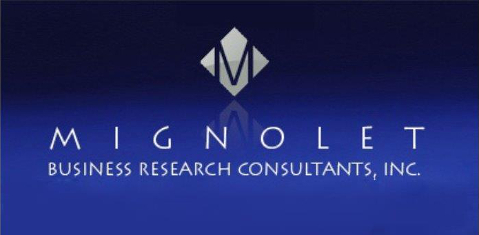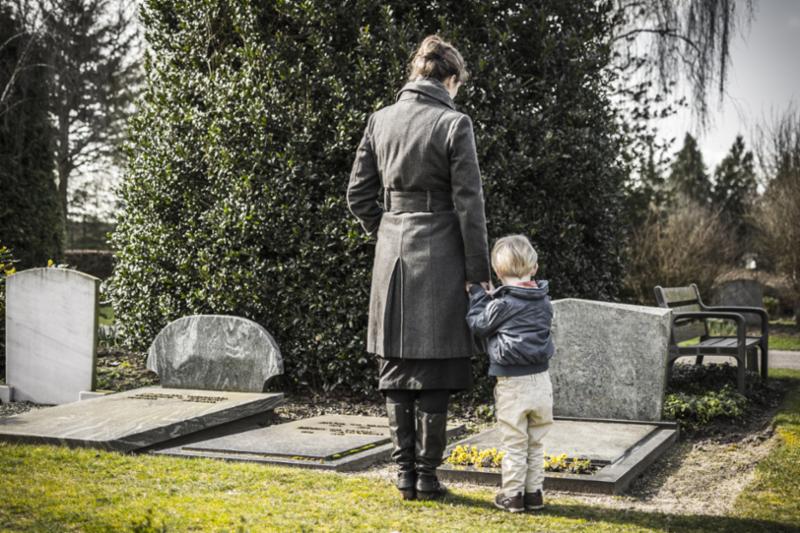Planning for life after death is a touchy subject to tackle – both for ourselves and for our loved ones. However, with a technological age comes a virtual afterlife that can get dangerous and become a target for con artists if not prepared for.
It’s important to take time to think about how you will handle your email accounts, social media accounts, automatic payments, and other tech services after you pass on. In the past few months, this has come to my attention particularly because I have lost several people who are close to me. If you have a loved one who has passed on, there are steps you must take to make sure their data
In the world of the Internet, social media, automatic Netflix payments, and email, there is most definitely a virtual afterlife. For example, when a loved one dies, it has become commonplace to write condolences on their Facebook wall. While virtual life after death can be therapeutic in these limited instances for friends and family, there are dangers to leaving a virtual identity devoid of a form to fill it up online.
Emails don’t stop rolling in when the recipient stops breathing. Automatic payments roll on. Automatic payments and deductible payments rack up debt long after death if these accounts and payments are not cancelled. Data, images, accounts, and other vital and sensitive information survive online after death, opening up a door to scammers to make use of the identities of the deceased for identity theft, Social Security scams, and fraud. A ghost twitter account or email address is an in for scammers to access everyone on the deceased’s contact list.
How do you prepare for a safe virtual afterlife for yourself and your loved ones? This is a relatively new question that companies and individuals are still working on asking.
First, there are measures you can take to make it easier on your friends and family. Have a database of your accounts, payments, and user profiles along with passwords available, along with service providers. Encrypt this database so that only trusted friends and family can access it. DO NOT INCLUDE THIS DATABASE IN YOUR WILL lest it become public knowledge after you die. You can name a “digital executor” in your will, however, who will be your digital undertaker.
Second, encourage your friends and family to make a database entrusted to someone who can carry this out as well. Again, this isn’t the easiest thing to talk to your loved ones about, but this is important.
If you have a loved one who has already passed on, but their social media accounts, email accounts, and automatic payments have not, there are measures you can take in the here and now even if they did not make a database or appoint a digital executor. In fact, most social media platforms have policies in place for situations like the one you may be in. The big email service providers have procedures for this situation. You will need to prove your identity, your relationship to the deceased, an email sent to you by your deceased loved one while they were still alive, and a copy of the death certificate.
Social media sites function in much the same way, except platforms like Facebook have an option for you to memorialize the account of the deceased. Security requirements surrounding this are, of course, complex and vary from platform to platform.
To truly rest in peace, and rest in peace of mind, plan ahead, even though it’s can be emotionally taxing. It’s worth it in the long run to ensure your data and the data of your loved ones stays secure in the virtual afterlife.

